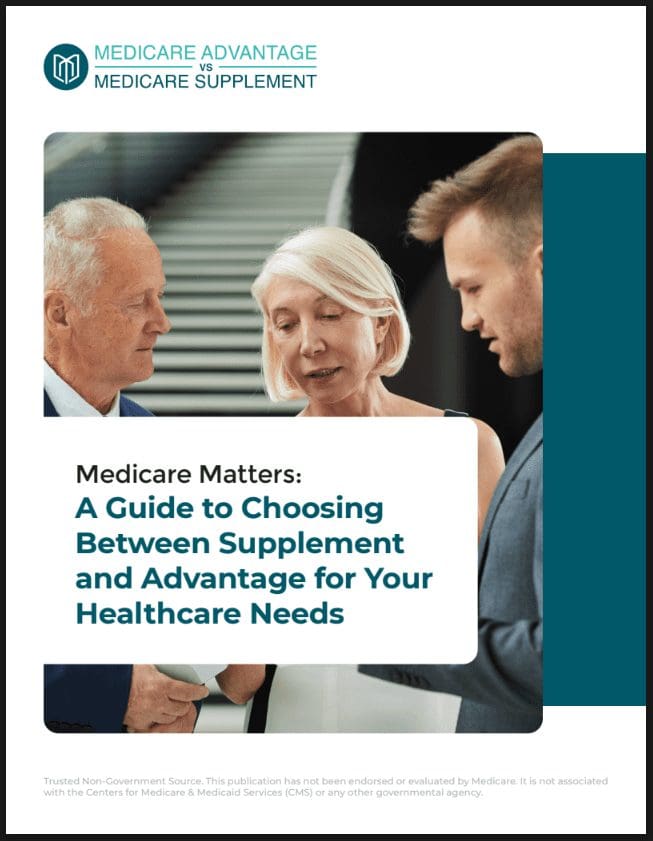Key Takeaways
- Staying updated on Medicare changes ensures uninterrupted healthcare coverage and saves you from potential pitfalls like missed deadlines or unexpected costs.
- Knowing when and how to act during Medicare enrollment periods keeps your coverage tailored to your needs.
Why Medicare Updates Matter to You
Navigating Medicare can feel overwhelming, especially with its regular updates. Staying informed isn’t just a good habit—it’s essential for avoiding coverage gaps, unexpected costs, or missed benefits. Whether it’s annual changes in premiums, deductibles, or enrollment rules, being proactive keeps your healthcare coverage running like a well-oiled machine.
Medicare’s Ever-Changing Landscape
Medicare undergoes periodic changes that can impact your coverage significantly. These shifts may involve costs, eligibility criteria, or additional benefits. Ignoring these updates can mean paying more than necessary or, worse, losing access to critical services.
Key Changes to Watch
- Annual Premium Adjustments: Part A and Part B premiums are revised each year based on inflation and healthcare costs.
- Part D and Advantage Plan Updates: Prescription drug coverage plans often tweak their formularies, deductibles, and premiums annually.
- Policy Overhauls: Major legislative changes, like those implemented in 2024 and 2025, can reshape Medicare rules, so you need to stay aware.
When to Look Out for Medicare Changes
The calendar is your best friend for staying informed. Key periods are packed with opportunities to evaluate and adjust your Medicare coverage.
Open Enrollment Periods
Medicare has several crucial enrollment windows:
- Annual Enrollment Period (AEP): Runs from October 15 to December 7. Use this time to switch plans, add coverage, or reevaluate your current choices for the coming year.
- Medicare Advantage Open Enrollment: From January 1 to March 31, you can switch Medicare Advantage plans or revert to Original Medicare.
- Initial Enrollment Period (IEP): A 7-month window around your 65th birthday to enroll in Medicare for the first time.
Special Enrollment Periods (SEPs)
Life events like moving or losing employer-sponsored coverage can trigger SEPs, letting you update your coverage outside of the usual windows. Stay alert for these opportunities to avoid coverage gaps.
How to Stay Informed
Missing key Medicare updates can leave you scrambling, but these strategies ensure you’re always in the know.
Subscribe to Medicare Communications
Sign up for newsletters or emails from Medicare to receive timely updates directly. The official Medicare website and government publications are reliable sources of information.
Check Announcements from Providers
While specific providers aren’t the focus here, general notifications from your healthcare providers or pharmacies can highlight impactful changes to your plan.
Use Technology to Your Advantage
Medicare apps and online tools help you track plan details and get reminders about important dates, making staying informed a breeze.
Taking Action on Medicare Changes
Knowing about changes is only half the battle; acting on them ensures your coverage remains intact and optimized.
Review Your Plan Annually
Before AEP rolls around, review your current coverage. Consider changes in your healthcare needs or medications over the past year. This step helps you decide if you need to switch plans or adjust your coverage.
Pay Attention to Notifications
Every fall, Medicare sends out Annual Notice of Change (ANOC) documents. This outlines changes to your current plan, like updated premiums, deductibles, and covered services.
Don’t Wait Until the Last Minute
Act early during enrollment periods. Waiting until the deadline can lead to rushed decisions or missed opportunities.
Avoiding Common Pitfalls
Even with the best intentions, staying on top of Medicare can come with challenges. Here’s how to sidestep common mistakes:
Ignoring Enrollment Deadlines
Missing your IEP or AEP can mean penalties, like higher Part B premiums for life or a gap in drug coverage. Always mark these dates on your calendar.
Skipping Coverage Reviews
Assuming your current plan will always meet your needs is risky. Medical and prescription needs can change, so reviewing your coverage annually is a must.
Overlooking Special Enrollment Opportunities
Don’t miss SEPs triggered by life events. For example, retiring after age 65 can give you an SEP to enroll without late penalties.
Managing Costs While Staying Covered
Medicare costs can add up, but understanding the financial side of your coverage keeps you prepared.
Budget for Known Expenses
Medicare has predictable costs, like Part B premiums and deductibles. Factor these into your annual budget.
Watch for Cost Increases
Each year, premiums, deductibles, and copayments may rise. For instance, Medicare Part B premiums saw an increase in 2024, and they’re expected to continue climbing in 2025. Stay aware of these changes to adjust your budget accordingly.
Avoid Late Penalties
Enrolling in Part B or Part D late can lead to penalties that stick around for life. Stay proactive to avoid these unnecessary costs.
The Role of Medicare and Supplemental Coverage
Medicare provides a foundation, but additional coverage like Medigap or Part D plans helps fill the gaps.
Why Supplemental Coverage Matters
Original Medicare doesn’t cover everything. Out-of-pocket costs like deductibles, coinsurance, and prescription drugs can add up. Having a supplemental plan keeps these manageable.
Reevaluate Supplemental Needs
If you already have a Medigap plan or a Part D plan, assess whether they’re still a good fit. Formularies or coverage options may have changed.
Getting Help When You Need It
Medicare’s complexity can be daunting, but you don’t have to navigate it alone.
Contact Medicare Directly
The official Medicare helpline and website offer accurate, up-to-date information tailored to your situation.
Seek Help from State Resources
Every state has a State Health Insurance Assistance Program (SHIP) offering free Medicare counseling. SHIP counselors are invaluable for personalized advice.
Leverage Online Tools
Numerous free tools, including plan finders and premium calculators, make comparing and understanding Medicare options easier.
Staying Ready for the Future
Medicare isn’t static, and neither is your health. Planning for the future ensures you’re always one step ahead.
Monitor Legislative Changes
Major policy shifts, like the upcoming changes in 2025 capping out-of-pocket drug costs at $2,000, can affect your plan. Keep an eye on the news for updates.
Anticipate Personal Health Changes
As your health needs evolve, your Medicare coverage should too. Regularly reassess your needs and explore coverage options accordingly.
Ensuring Your Medicare Coverage Works for You
Keeping your Medicare coverage smooth and effective is all about preparation and awareness. Stay informed, act on updates, and don’t hesitate to seek help when needed. By staying proactive, you can enjoy comprehensive healthcare coverage without surprises.










